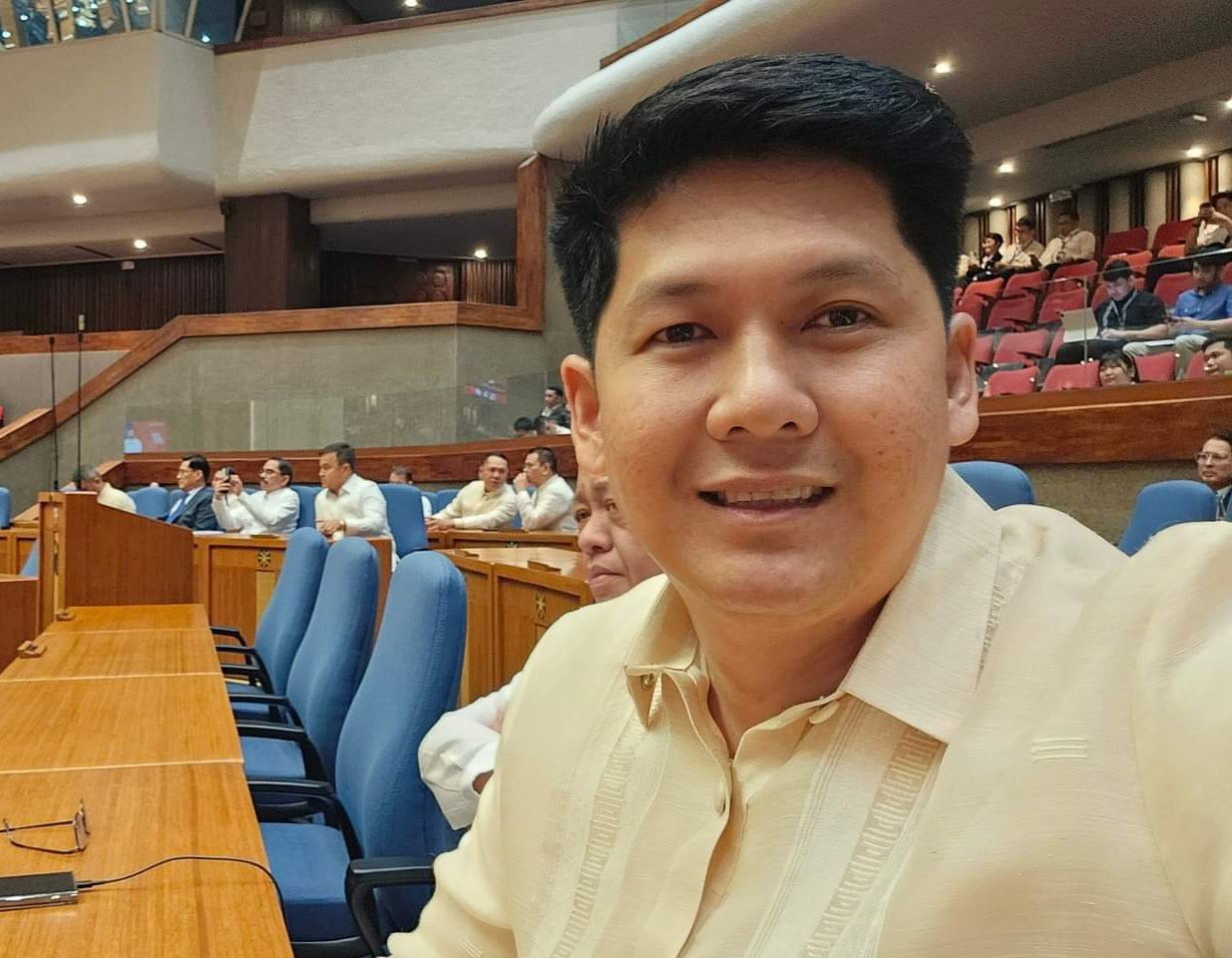Solon pushes for death by firing squad vs corrupt government officials
At A Glance
- Showing his disdain for corrupt government officials, Zamboanga 1st district Rep. Khymer Adan Olaso has filed a measure that seeks to impose death by firing squad as penalty for corrupt public servants.
 Zamboanga 1st district Rep. Khymer Adan Olaso (Facebook)
Zamboanga 1st district Rep. Khymer Adan Olaso (Facebook)
Showing his disdain for corrupt government officials, Zamboanga 1st district Rep. Khymer Adan Olaso has filed a measure that seeks to impose death by firing squad as penalty for corrupt public servants.
The capital punishment stipulated in House Bill (HB) No.11211 or the Death Penalty for Corruption Act covers all public officials from the President in Malacañang down to the lowest barangay official.
"This bill is not merely punitive but also symbolic of the Philippines' zero-tolerance policy for corruption," Olaso said in the explanatory note of his bill.
"By passing this legislation, Congress sends a strong message that integrity and accountability are paramount in public service and that the misuse of public resources will not be tolerated," he said.
Death penalty was abolished in 2006 during the time of former president Gloria Macapagal-Arroyo. She is now Olaso's colleague in the House of Representatives in the current 19th Congress.
Lethal injection was used the last time that death penalty was carried out in the Philippines.
"This proposed bill seeks to impose the ultimate penalty of death by firing squad on public officials-from the President to the lowest barangay official-convicted by the Sandiganbayan of graft and corruption, malversation of public funds, and plunder," HB No.11211 read.
Olaso says the measure "emphasizes accountability and deterrence, making it clear that public office is a public trust, and any violation of that trust must be met with the severest consequences".
According to the Mindanaoan, corruption remains one of the gravest threats to the Philippines' social, economic, and political development.
"Despite the existence of numerous laws aimed at combating graft, malversation, and plunder, the persistence of these crimes suggests that current measures are insufficient to deter public officials from engaging in corrupt practices," he said.
'Retributive justice'
Olaso said the imposition of the death penalty for these crimes is grounded in the principle of retributive justice, recognizing the magnitude of harm inflicted by corrupt practices.
"It also aligns with the constitutional mandate under Article XI of the 1987 Constitution, which underscores accountability among public officers and declares that public office is a public trust," the bill read.
"Furthermore this bill reinforces the legislative intent behind Republic Act No. 3019 (Anti-Graft and Corrupt Practices Act) and Republic Act No. 7080 (Plunder Law) by ensuring that the penalties are commensurate with the crimes committed," it added.
Olasa said the bill includes safeguards to ensure that due process and constitutional protections are upheld.
"Convictions must be affirmed by the Supreme Court (SC), undergo an automatic review process, and allow the accused to exhaust all available legal remedies," he wrote in his proposal.